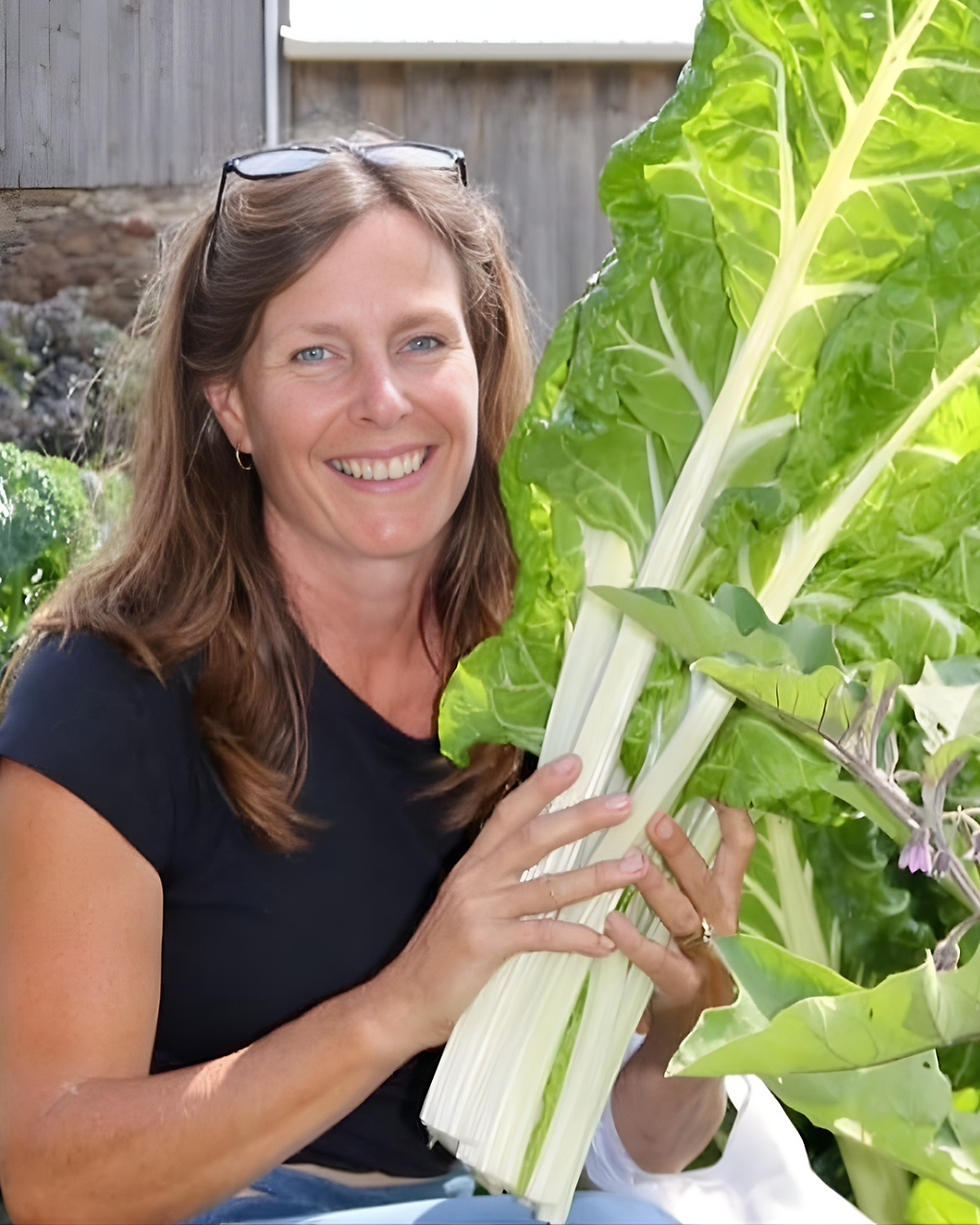Farm Feature Interview: Pioneer Brand Honey
- Jun 2, 2025
- 3 min read
This month, we have the good fortune to catch some wisdom from Andre at Pioneer Brand Honey.
If you could share one thing about your farm and the work you do with someone who's never been to a farm, what would it be?
Beekeeping requires the beekeeper to attune themselves to a super-organism that thrives on plethora of flowering plants as food sources from as far away as 10km.
Farming can be a bit like having children, when the work comes, it needs to be done regardless of whatever else is happening in that moment.
However, agriculture of any kind is valuable, even a tomato plant on your condo balcony will bring you more than tomatoes, it will bring joy. When we work with nature to make produce, it puts your head where it's supposed to be as a mammal, on the hunt for food. Whether it’s me with hundreds of colonies of bees producing thousands of kilos of honey or that tomato plant you’ve got, we’re both now acutely aware of when the first frost might be, what time the sun sets and rises. Things we as mammals have been programmed to pay attention to. Agriculture ties one to the soil they are from, no matter the scale. Centenarians from “Blue zones” across the planet all have gardening in common. Not just because of the food from their gardens, but the exercise and happiness that comes from growing your own. We are proud to produce Ontario Honey!
What's the biggest change you've seen since you started, and how have you adapted to it?
Winter colony losses. Most beekeepers are happy if they can make 30% mortality over winter. Numbers as high only a few decades ago were only in extreme situations and rare. I don’t know a beekeeper who hasn’t had devastating losses at least 3 x in the last decade. Ontario’s beekeeping sector had almost 49% loss winter of 2020-21, 36% 2021/22, and 50% 2023/24. Adaptation to unsustainability is still an unknown. Unfortunately, many farmers find that their land is worth more than actual farming. If losses continue at these levels, the unfortunate may become a reality.
What are specific regulations that you find particularly challenging or counterproductive, and what kind of regulatory environment would best support Ontario's agricultural sector?
I’d say lack of regulations, or more specifically, a captured regulatory system with a bias towards mono-culture crops that are interdependent on pesticide use and hard on the environment, including and especially for pollinators.
Our farm is a member of the National Farmers Union, and we support their mandate, spelled out below;
rebuilds relationships between food producers and those who eat
reclaims local decision-making about food production and environmental protection and strengthens connections between people and the land, empowering communities and citizens to make intentional decisions based on local needs and conditions to ensure a resilient and sustainable future.
What do you enjoy most about the work you do?
When I’m working with the bees, it's being outside, my office at that time is a series of remote hilly scenic pastures where we keep our bees, they are close by, and our side roads have little traffic. When we’re in the honey house, it’s creating new food and beverage products. We have our own honey mustard made in-house with our own garlic, honey, mead and 100% organic mustard seed from Saskatchewan. I am also very, very excited to have our very own Mead, also known as honey wine, available this Fall.
Talking with people who visit our store is also one of my favourite things about work!
What is your favourite type of honey and why?
Linden or Basswood is the same tree that blooms around July, and when the timing works, it can be abundant, but it’s been at least three years since we’ve managed to get a crop. The weather hasn’t been cooperative. It has a light, almost green colour and minty smell with an almost lemony taste finishing with floral notes. One of the reasons it may be my favourite is that it doesn’t come around every year.
What are the most popular products in your store?
We have A LOT of things in our store, but our Wildflower honey is the most popular, followed by the mono floral honeys like Buckwheat, Blueberry Blossom or Sunflower. Creamed and flavoured honey like cinnamon, blueberry, and chocolate. Our Apitherapy products like Bee Luscious Lip balms, our “Bee Gone” Bug Bar and our So Ho Mish skin Cream. I should also mention our 38 egg-laying chickens, their eggs are very popular, however, limited.












Comments